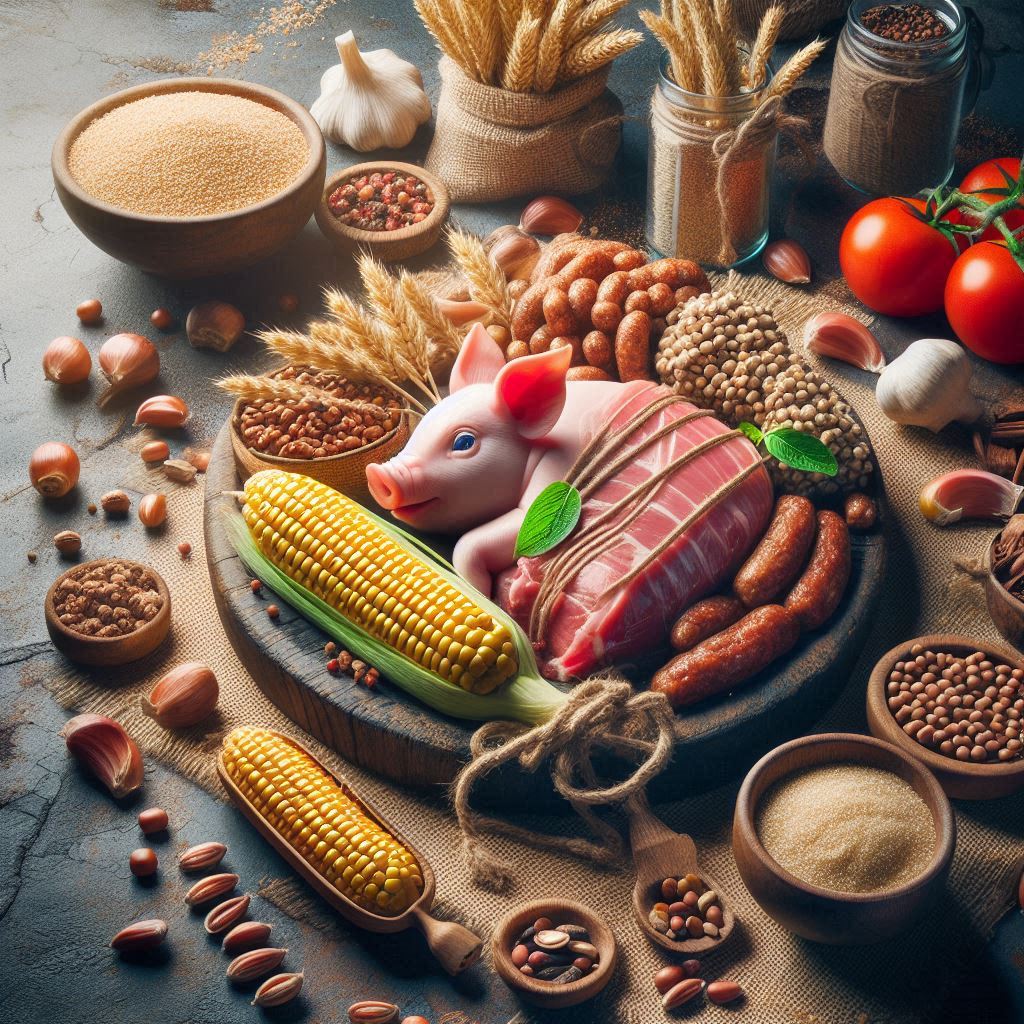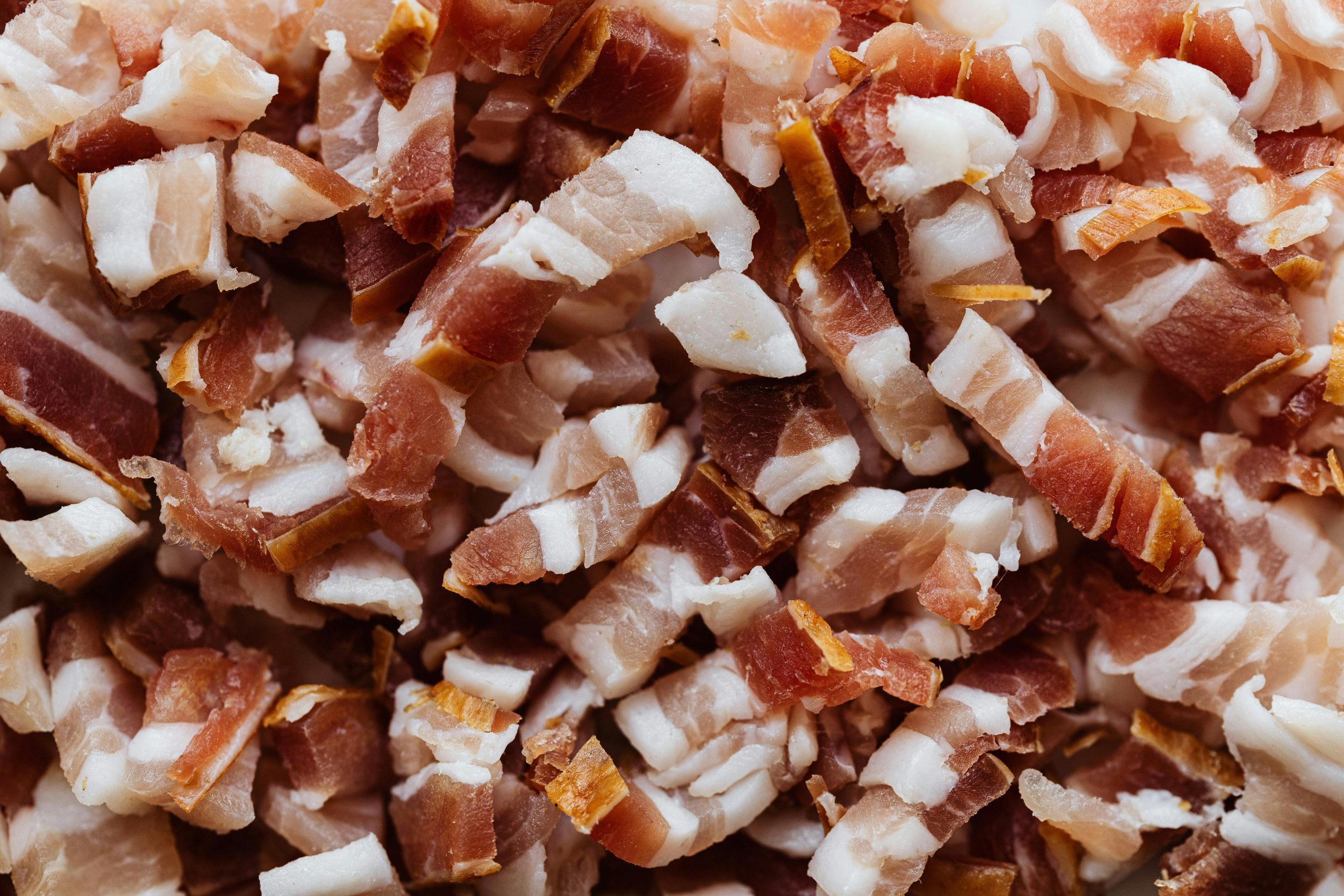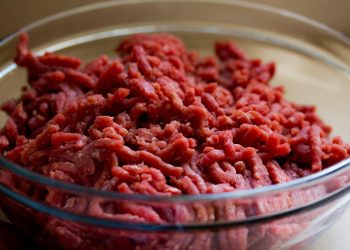The Cultured Meat Revolution: Sorghum-Based Lab-Grown Pork
Despite a slow crawl toward mainstream acceptance of the cultured meat industry, a new innovation is taking the lead in this field, with sorghum-based lab-grown pork taking the lead in this field. A breakthrough at the University of Illinois has just nudged the venture into high gear in order to produce more sustainable and allergen-friendly cultured meat products. With the use of the proteins from the red sorghum grain, it is possible that a new type of scaffold material for the production of cultivated meat could be developed that is both gluten-free and green, and could also shape the future of meat production in the years to come.
The Rise of Clean Meat: A Sustainable Solution to Traditional Livestock Farming
In the last few years, cultivated meat has become one of the most popular alternatives to conventional animal farming. It is often referred to as “clean meat”. Using this new approach, meat is produced directly from the animal cells themselves, reducing the environmental footprint created by the production of meat by a large margin. The cultured meat production process uses far less water, land, and greenhouse gases compared to traditional farming, resulting in a significant reduction in greenhouse gas emissions. So in this way, this innovative approach goes along with the idea of sustainability advocates and climate-conscious consumers who are trying to find ways to reduce their environmental impact through active means.

The Science Behind Cultivated Meat Production
Creating clean meat involves putting isolated animal stem cells on scaffolds, and nurturing them into muscle and fat tissue under controlled conditions in a laboratory. Bypassing livestock rearing, it will produce meat that is cruelty-free but maintains a similar flavor, texture, and nutrition as traditionally farmed animals. The concept of cultivated meat has been explored for more than a decade, but it has only been in recent times that innovations such as the use of plant-based scaffolding materials have enabled cultured meat to become commercially viable.
How Sorghum Is Revolutionizing Cultured Pork
As a result of the experiments that were conducted by the University of Illinois with sorghum to produce cultured meat, sorghum has gained much attention in the world of food science. Despite the fact that this is a grain that is native to arid climates, the benefits of this grain as a scaffold material for the production of lab-raised meat are unique. As opposed to other protein sources, like wheat gluten, pea protein, and soy protein, sorghum protein is gluten-free, thus hypoallergenic, and is a perfect source of protein for those who suffer from dietary deficiencies, as it is gluten-free.
Sorghum is Used as a Scaffold for Cultured Meat in a Sustainable Manner
It is a process in which the red sorghum grains are processed to extract the proteins, known as kafirins, from the grains. As a result of further processing, they become a water-insoluble, porous scaffold on which the cultured pork can grow without water contamination. This is due to the fact that the material appears to be water-insoluble, which means that it can maintain its shape and provide stability to the meat cells, allowing them to grow into meat without having to undergo any additional chemical treatment.
Scientists created a cube-shaped scaffold by soaking sugar cubes in a solution containing red sorghum flour that would later be used for culturing pork stem cells. As soon as the sugar dissolved, it left behind a structure that was similar to kafirin and provided the ideal conditions for the differentiation of muscle and fat cells. A promising look into the future of lab-grown meat was revealed when those cells were transformed into pork-like tissue in just 12 days, providing a glimpse into what’s to come.
Sorghum-Based Scaffold Nutritional and Aesthetic Benefits in the Final Product
As an example of one of the most striking advantages that a scaffold made from sorghum can offer, it can be argued that one of the most noticeable benefits relates to the nutritional as well as the aesthetic features of the final product. The lab-grown pork that is grown on this scaffold has a higher protein content than traditional pork does, but it has a lower concentration of monounsaturated and polyunsaturated fatty acids, bringing it closer to the content of real pork.

Antioxidant-Rich Red Pigments from Sorghum
As another interesting characteristic of sorghum-based cultured meat, it is also likely to appear bright red due to the natural pigmentation of the grain that gives the meat a ground pork-like appearance. These red pigments, on the other hand, are also known to enhance the health value of the meat by providing antioxidant properties.
There is no doubt that this attribute contributes to the nutritional value of the meat in a significant way, as it is one of the most important factors in attracting a segment of the market that is accustomed to meat having a particular look. The experiment requires more refinement to achieve perfection in terms of texture and flavor, but the initial results are very promising.
Plant-Based Scaffolds: The Future of Allergen-Free Cultured Meat
A sea change has been made in the cultured meat industry with the introduction of sorghum-based scaffolds that offer allergen-friendly options. This will be a tremendous innovation that will open up new options for meat alternatives that are both safer and more inclusive for those who have sensitivities to common allergens such as gluten or soy. The demand for allergy-friendly alternatives to cultured meat is doubtless set to rise as the popularity of cultured meat rises, thereby placing sorghum in a strategic position of great value within this emerging industry.
Advantages Over Traditional Protein Scaffolds
In contrast to gluten wheat, pea protein, and soy protein, which are among the principal scaffolding materials for cultured meats and are also capable of evoking allergic reactions in sensitive individuals is, in fact, quite crucial to ensuring that cultured meat remains accessible to a wider pool of consumers. In addition to the environmental benefits that can be derived from growing sorghum, it has also been suggested that this plant is highly sustainable due to the fact that it has a very low water requirement and is able to survive even in areas that are experiencing fair amounts of drought.
Therefore, it would be best if sorghum were used as an important scaffold material during the manufacturing process, so as to align the industry’s goals with minimal resource use and environmental impact as possible.
Looking Ahead: The Potential of Sorghum-Based Cultured Meat in the Market
A very probable transformation of the scaffold of plant-based raw materials in cultured meat can be attributed to IPB-stemmed creation of cultured pork at the University of Illinois. Increasingly, the world is embracing sustainable food solutions, and coming up with allergen-friendly and eco-friendly materials like sorghum is likely to become an essential cardinal direction as the world adopts more sustainable food solutions.
Next Steps for Sorghum in Cultivated Meat Development
In the future, the same will be elaborated on further for the purpose of refining the nutritional profile of the product as well as the texture in order to meet the expectations of consumers. There is also a need for additional testing in order to further optimize the production process for scalability, as well as to allow this innovation to be incorporated into mainstream food markets. Once the stigma associated with cultivated meat has worn off, such a partnership could also be forged with food manufacturers for the purpose of commercialization, thus providing the world with allergen-friendly and sustainable meat products.

Sorghum-Based Cultivated Meat–A Promising Step Towards a Greener, Healthier Future
The development of a sorghum-based cultured pork product represents a significant step forward in the field of food science, offering a new option for meat that is ethical, eco-friendly, and hypoallergenic. Sorghum is a crop with a resilient growth profile that makes it an ideal crop for feeding large-scale cultivated meat production lines in order to minimize the consumption of resources by agriculture.
As that continues to develop, sorghum is going to play a much larger role in the production of pork and other kinds of cultivated meats in the future due to the expansion of its role in the production process. Additionally, it will be a linchpin in the development of sustainable plant-based meats in the future. The report offers a look into the future of food for consumers and industry leaders alike where science meets sustainability and provides better options for people and the planet as well as science meets sustainability.









